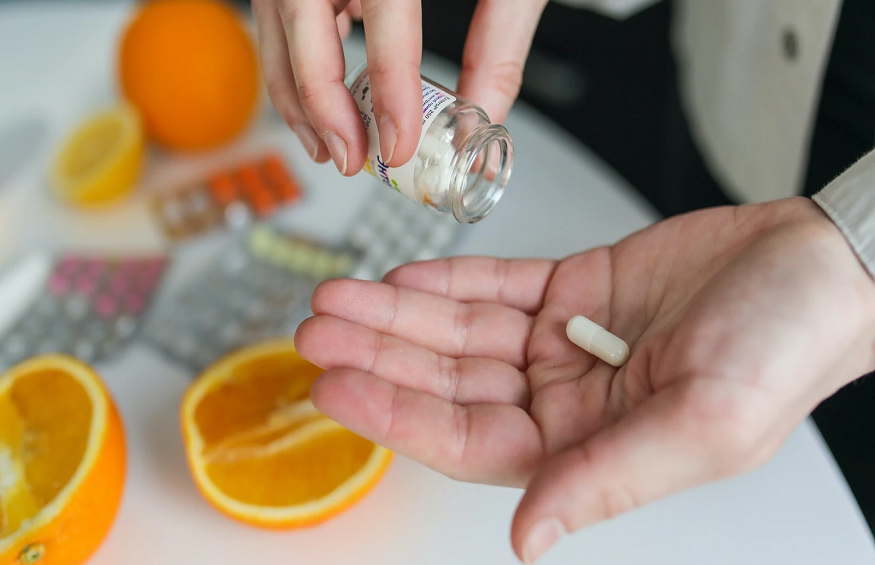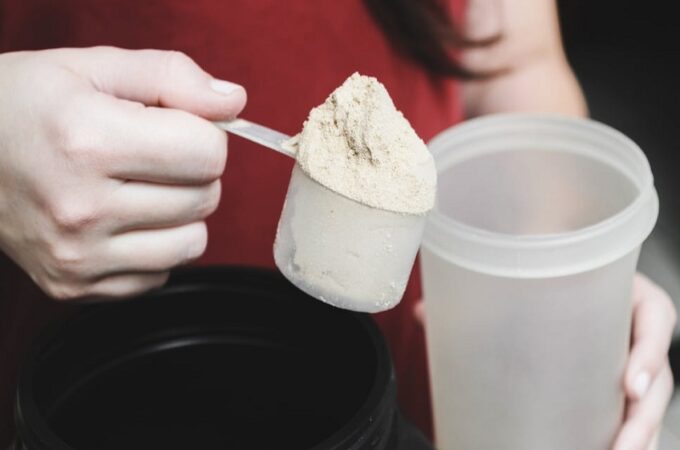
Maximizing Your Bone Supplementation Experience
Maintaining a healthy bone mass is important as we age. It is estimated that 1 in every three women and 1 out of every five men will develop osteoporosis by age 50. Therefore, a healthy diet and physical activity are vital components of healthy aging.
Diet
It would be best if you ate a calcium-rich diet to benefit from your bone supplementation Plainview, NY. This includes dairy products, sardines, leafy greens, and fortified foods. You can easily meet your daily requirement by eating two to three servings of these foods daily. Protein is also essential for your bone health. According to a study of 144,000 postmenopausal participants, increased protein intake was associated with higher bone density and fewer forearm fractures. Omega-3 fatty acids, found in many foods, can also help maintain healthy bone density.
Physical activity
Regular physical activity is vital to maintaining bone density. Regular exercise builds muscle strength, increases bone density, and lowers the risk of cardiovascular disease and obesity. It also prevents bone loss and increases balance. Regular physical activity can be accomplished through various activities, from gardening to walking to swimming. Optimal physical activity should also include activities that load the skeleton, such as weight-bearing exercises.
Physical activity and a healthy diet are key to maintaining bone health throughout one’s lifetime. The Institute of Medicine’s Food and Nutrition Board has published updated recommendations for calcium intake. These recommendations vary according to age and gender and may be increased in some people with certain chronic conditions. In general, people should consume at least 1,300 milligrams of calcium each day.
Increased bone mass may also prevent osteoporosis-related fractures, although studies have shown that this effect is modest. Regular physical activity may also enhance the bone mineral density and increase the risk of falls, which often cause fractures. In addition to physical activity, exercise programs should include intervention strategies to improve balance and postural stability, as well as muscular fitness and functional mobility.
Optimizing your chances of maintaining healthy bone density
Bone density is vital for the health of your body. It helps keep your bones strong and prevents common osteoporosis and fractures. Moreover, strong bones also prevent injuries and improve your balance. Hence, optimizing your bone health at any stage of life is important.
While genetics determine your bone density, lifestyle factors also play a significant role. For example, people aged 19–64 should engage in at least two hours of aerobic activity each week. They should also engage in weight-bearing and resistance exercises. The exercises should work all major muscle groups, including the bones.
Besides exercise, diet is another important factor for bone health. Increasing your protein intake helps increase the density of your bones. One study on 144,000 postmenopausal women showed that a higher protein intake was associated with higher bone density and fewer forearm fractures. In addition, omega-3 fatty acids have also been linked to increased bone density. These acids can be obtained through your diet or by taking supplements.
Vitamin D supplements
A good vitamin D supplement can help to improve bone health. It can improve immune system functioning, reduce the risk of multiple sclerosis and osteoporosis, and aid calcium absorption. In addition, it may help your body fight off various cancers. You can find vitamin D supplements in various forms, including liquid, capsules, and dietary supplements.
However, some conditions can inhibit your absorption of vitamin D. For example, Crohn’s disease, kidney disease, and certain medications can make it difficult for the body to absorb vitamin D from food. You should talk with your doctor before starting a vitamin D supplement if you have any of these conditions. Also, if you have a condition that prevents your body from absorbing vitamin D from foods, you should consume foods rich in vitamin D.
To ensure your vitamin D supplementation is safe, you should check the levels in your blood. Generally, healthcare professionals recommend that adults get 4,000 IU of vitamin D daily. However, you can also try higher doses to see how it works. However, it is important to know that high doses of vitamin D can cause harm. In some cases, too much vitamin D can cause hypercalcemia and harden the bones, kidneys, lungs, and heart tissues.





